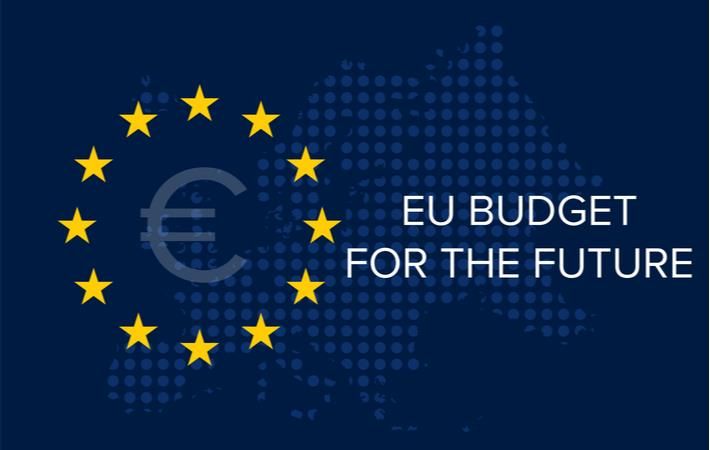The European Parliament and the European Union (EU) member states in the Council reached an agreement recently on the next long-term budget and Next Generation EU, the temporary recovery instrument. The €1.8-trillion package will help rebuild a post-COVID-19 Europe, which will be greener, more digital, more resilient and better fit for current and forthcoming challenges.
Once adopted, the package will be the largest package ever financed through the EU budget, a press release from the European Parliament said.The European Parliament and the European Union (EU) member states in the Council have reached an agreement on the next long-term budget and Next Generation EU, the temporary recovery instrument. The €1.8-trillion package will help rebuild a post-COVID-19 Europe, which will be greener, more digital, more resilient and better fit forthcoming challenges.#
In the meantime, the Commission is preparing the ground for the swift disbursement of the funds while the member states are working on their recovery and resilience plans. These are necessary to access to the €672.5 billion of grants and loans under the Next Generation EU’s main instrument, the Recovery and Resilience Facility.
European Commissioner Johannes Hahn in charge of the budget, who worked to facilitate the deal since the beginning of the mandate, said: “Today's agreement will allow to reinforce specific programmes under the long-term budget for 2021-2027 (including Horizon Europe, Erasmus+, EU4Health)….It will play an essential role to support the recovery and make sure traditional beneficiaries of EU funds receive the sufficient means to continue their work during these very challenging times for all”.
More than half of the funds will support modernisation through policies that include research and innovation, via Horizon Europe; fair climate and digital transitions, via the Just Transition Fund and the Digital Europe Programme; preparedness, recovery and resilience, via the Recovery and Resilience Facility, rescEU and a new health programme, EU4Health.
Traditional policies such as cohesion and common agricultural policy also continue to receive significant financial support, so much necessary to ensure stability in times of crisis and their modernisation that should contribute to the recovery and the green and digital transitions.
Thirty per cent of the funds will be spent to fight climate change, the highest share ever of the largest European budget ever. The package also pays a specific attention to biodiversity protection and gender equality.
The budget will have strengthened flexibility mechanisms to guarantee it has the capacity to address unforeseen needs. This is making it a budget fit not only for today's realities but also for tomorrow's uncertainties.
ALCHEMPro News Desk (DS)
